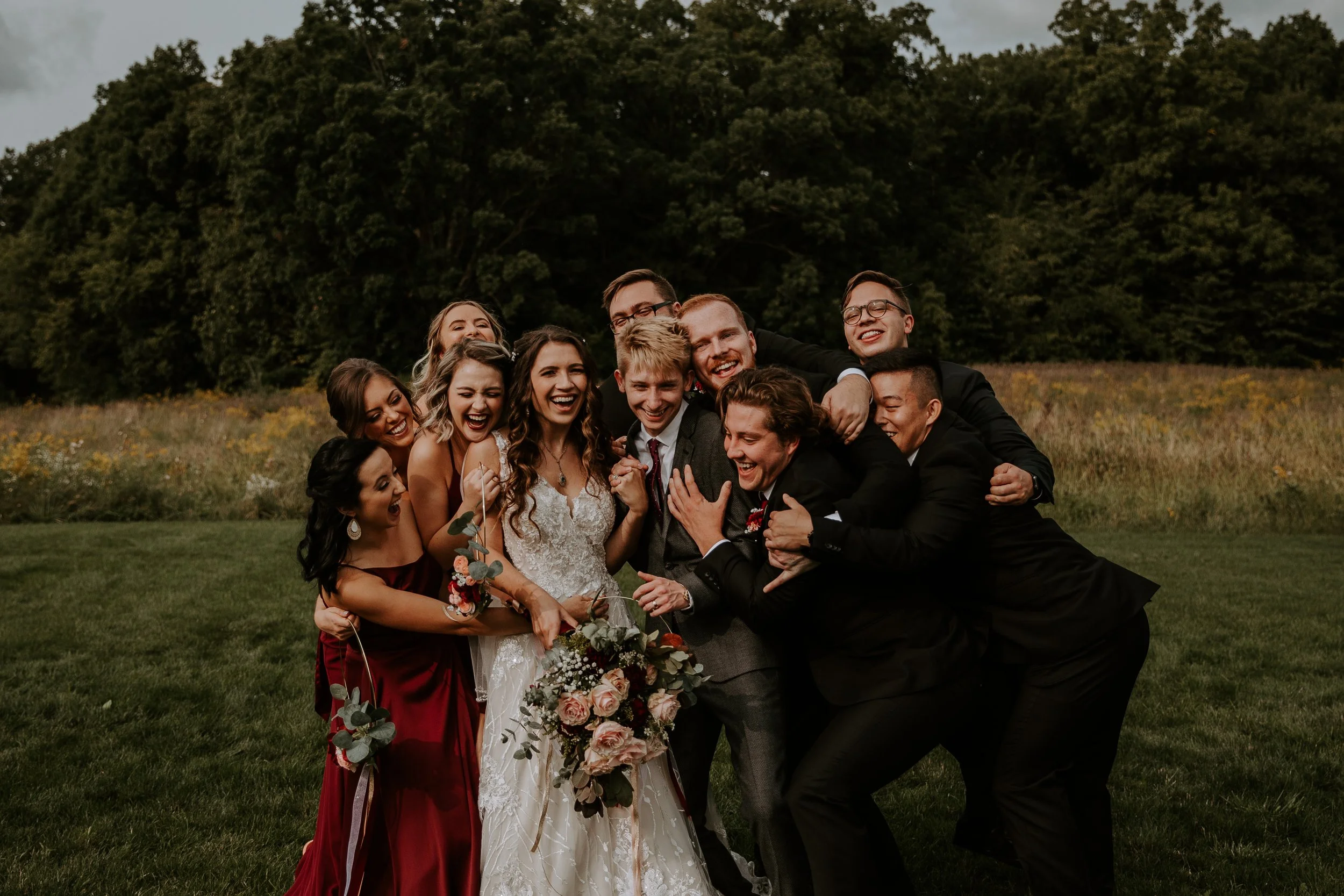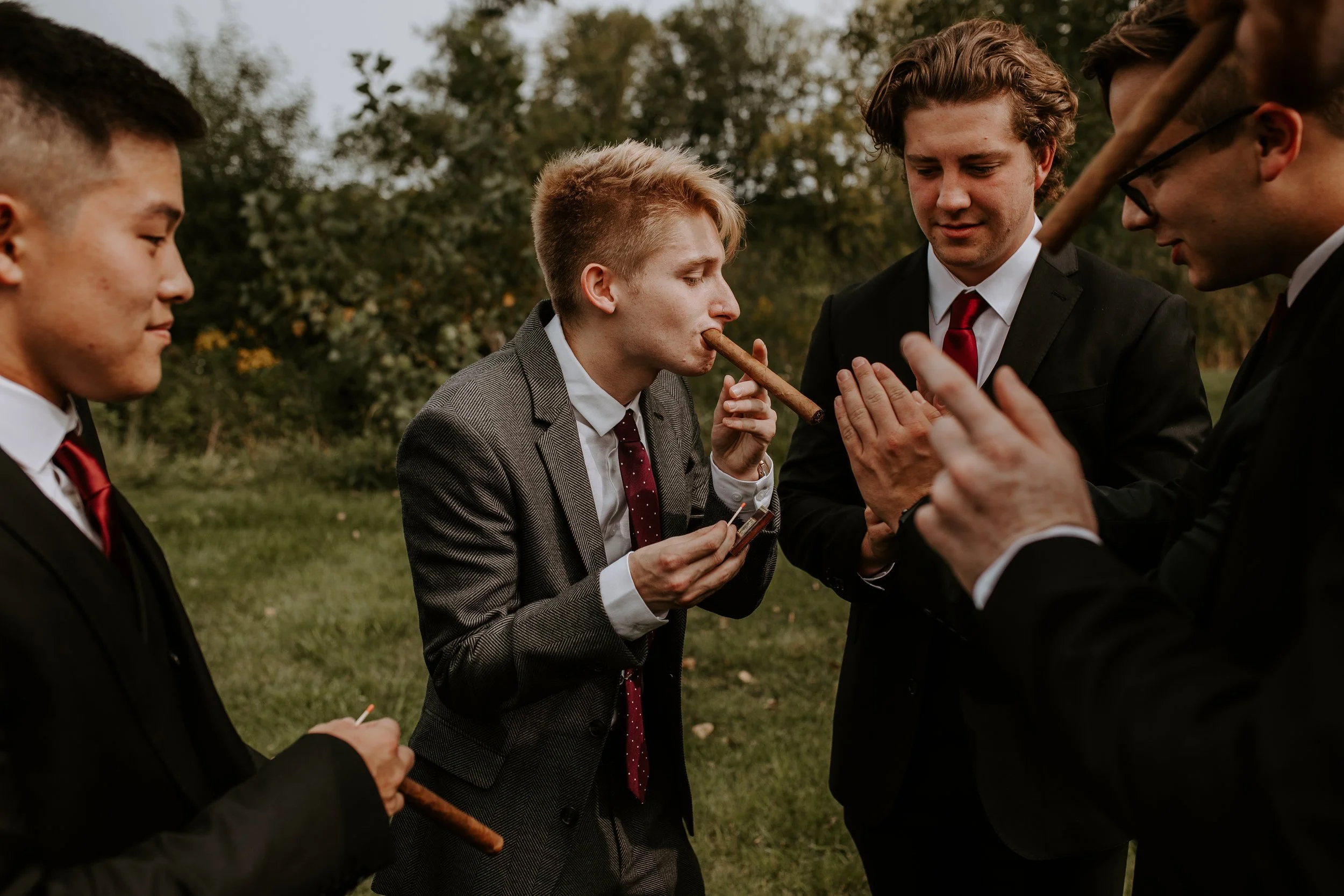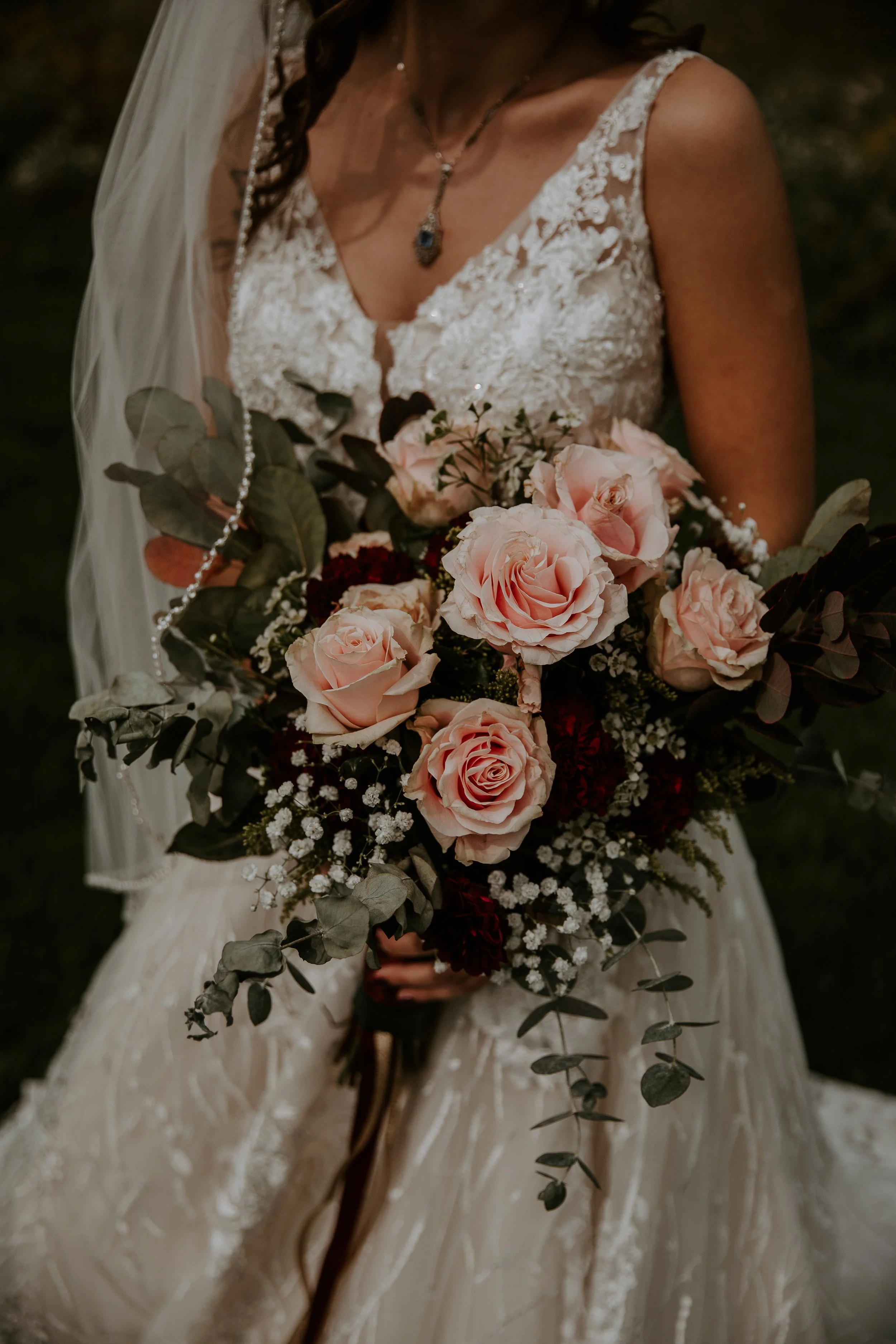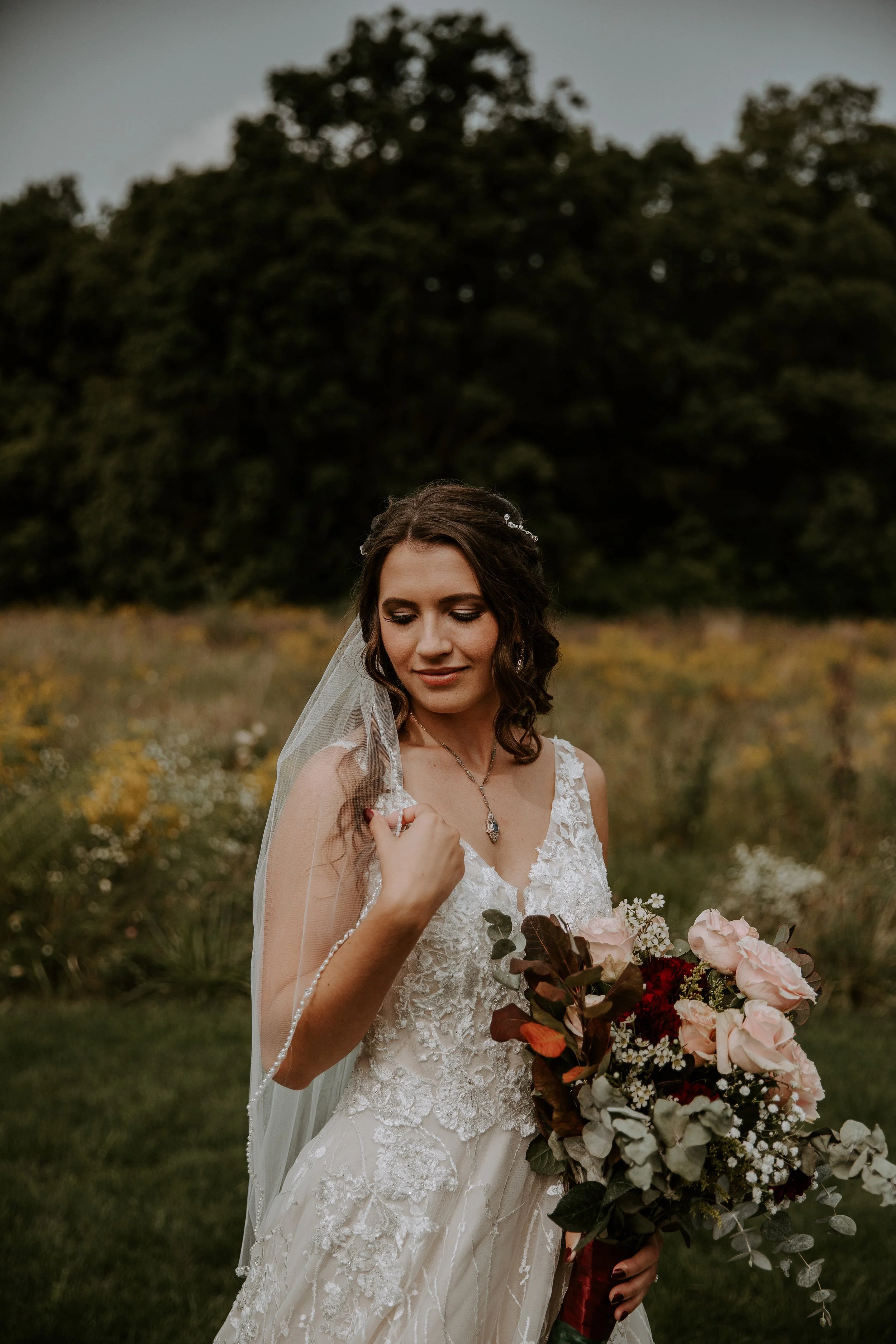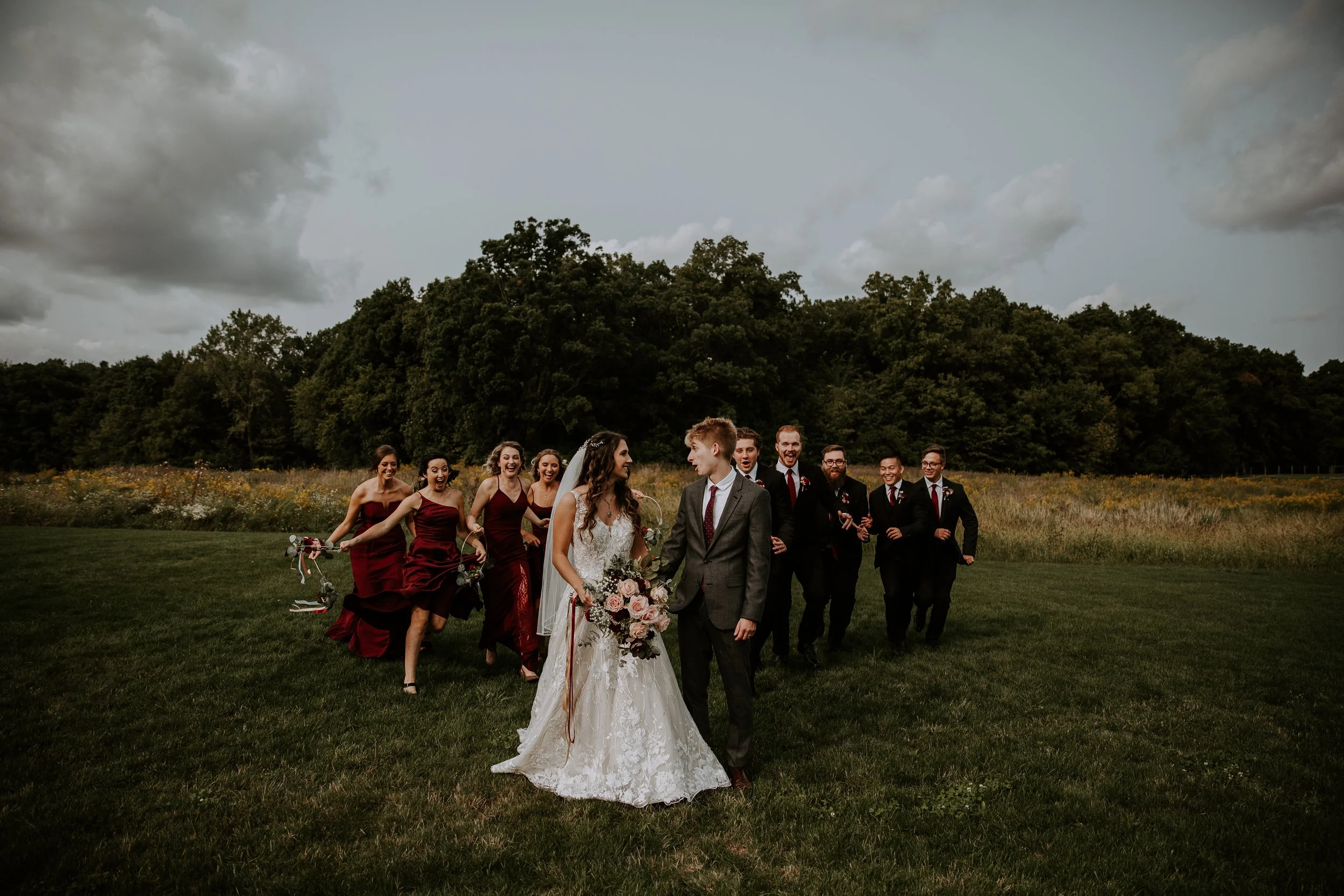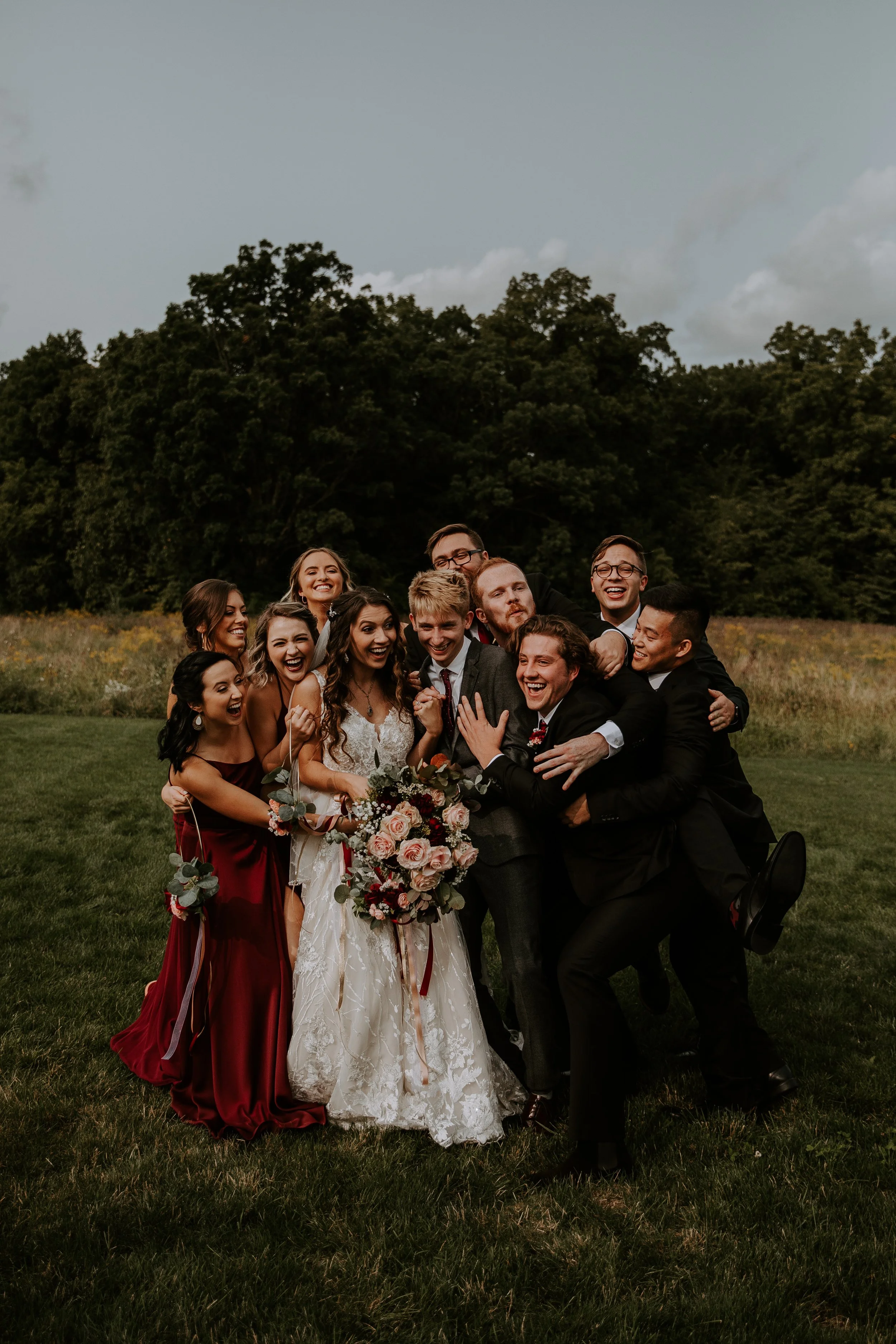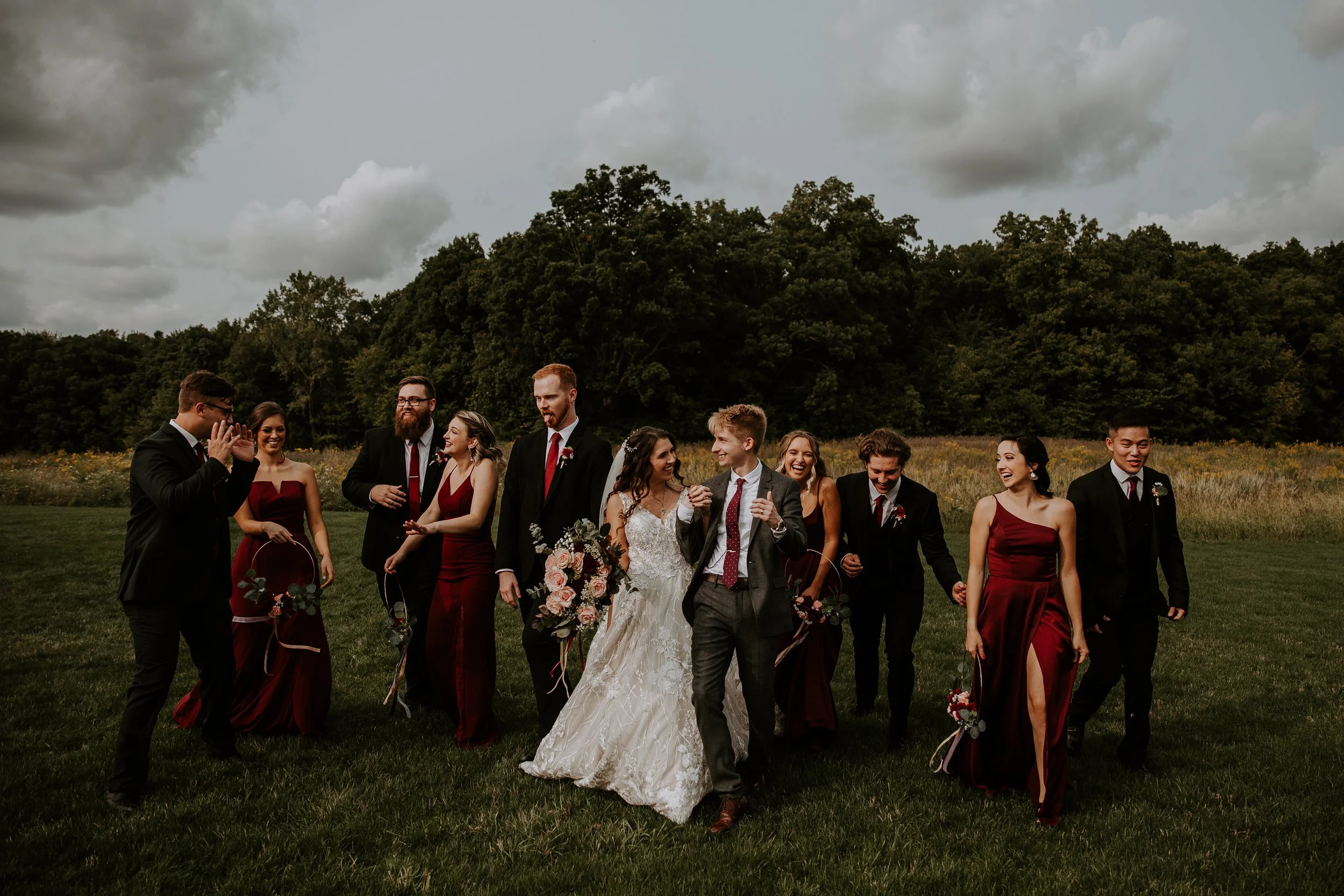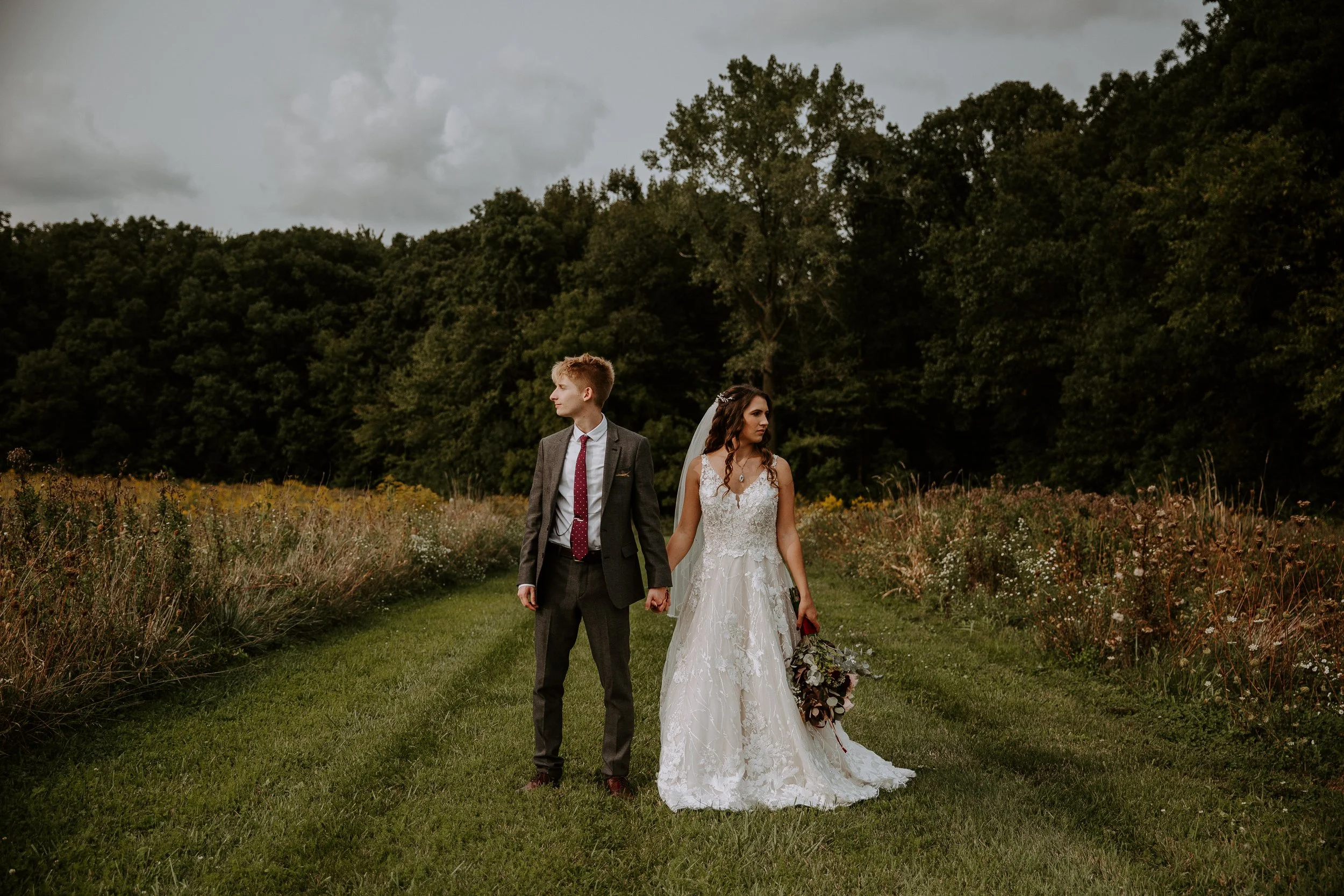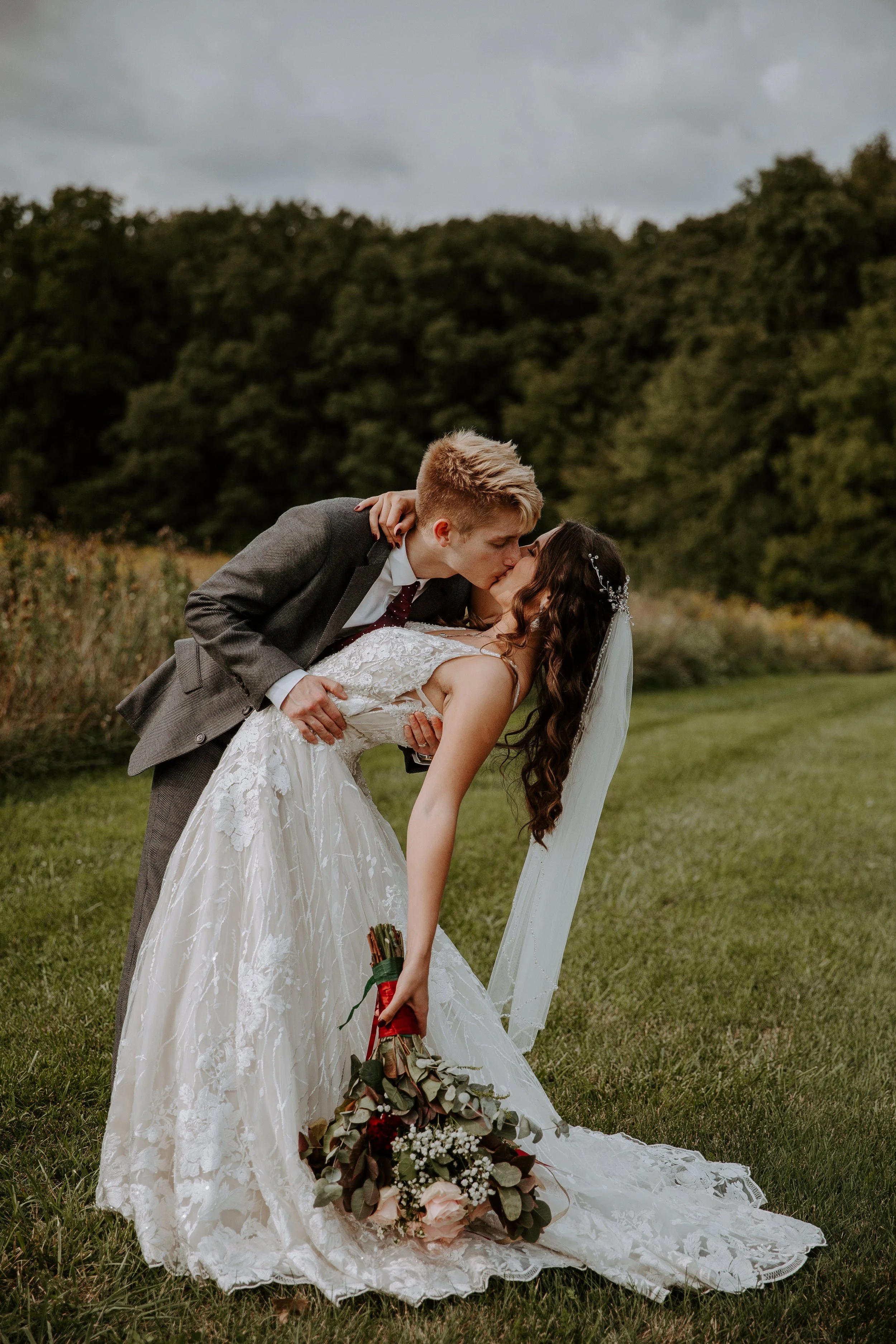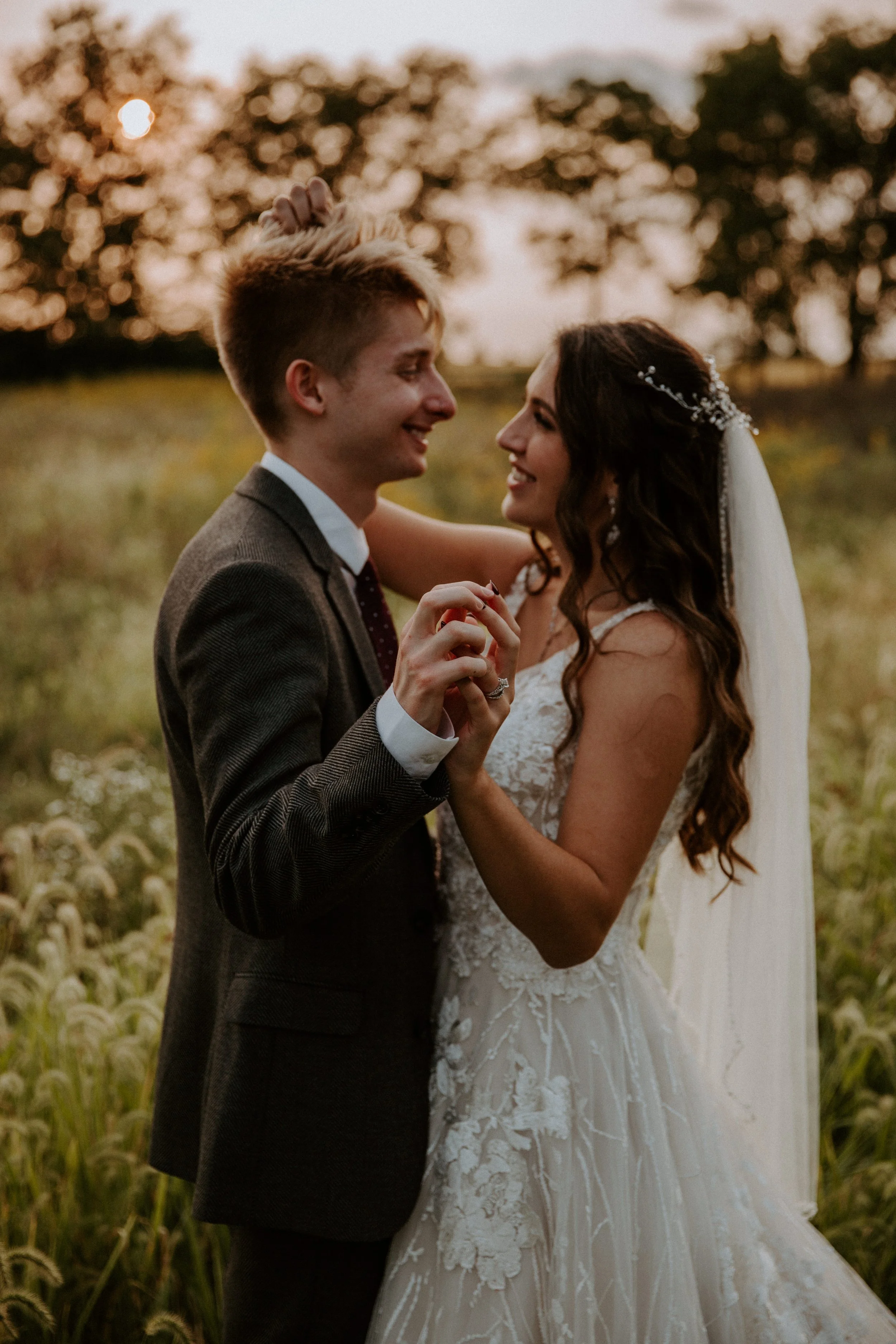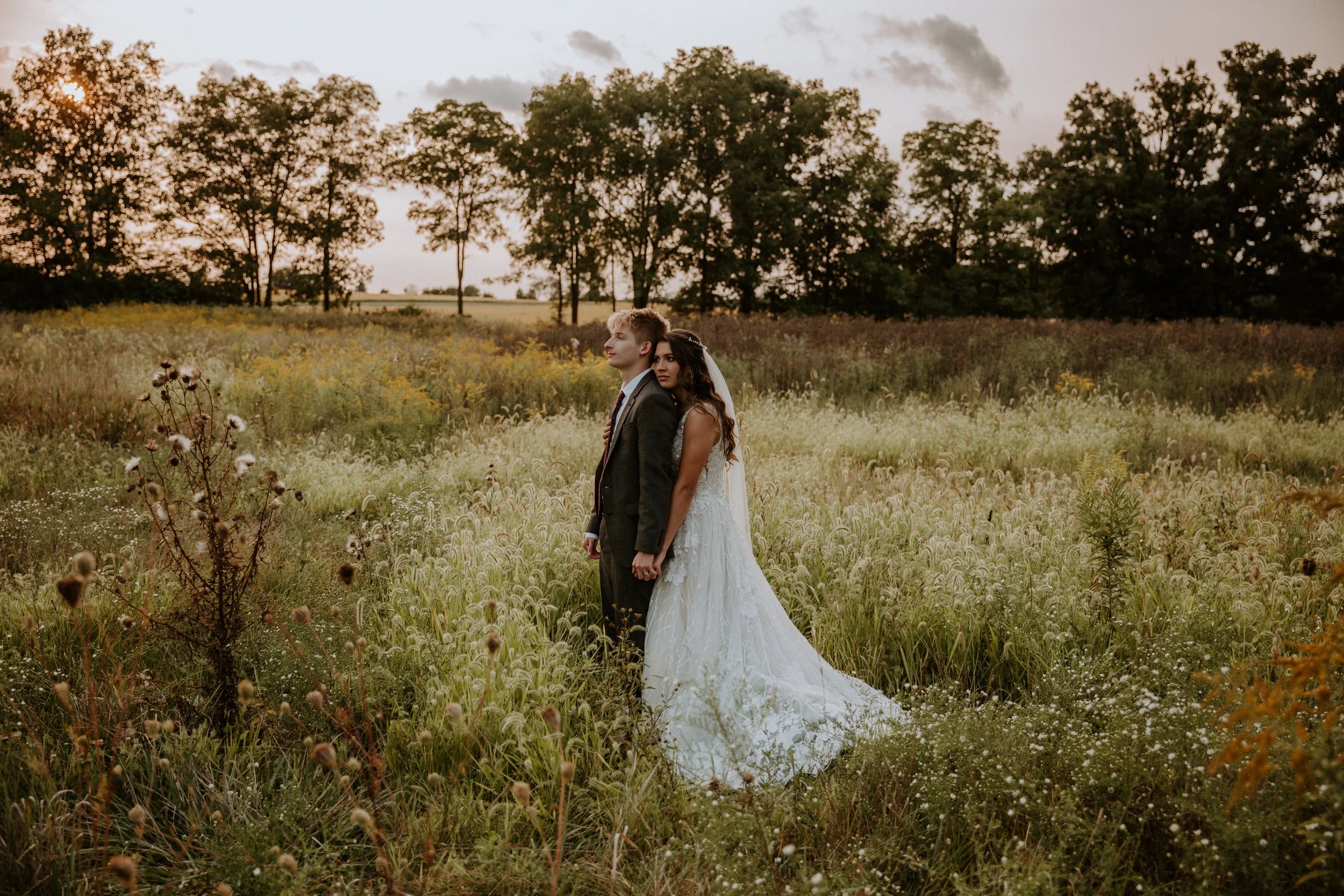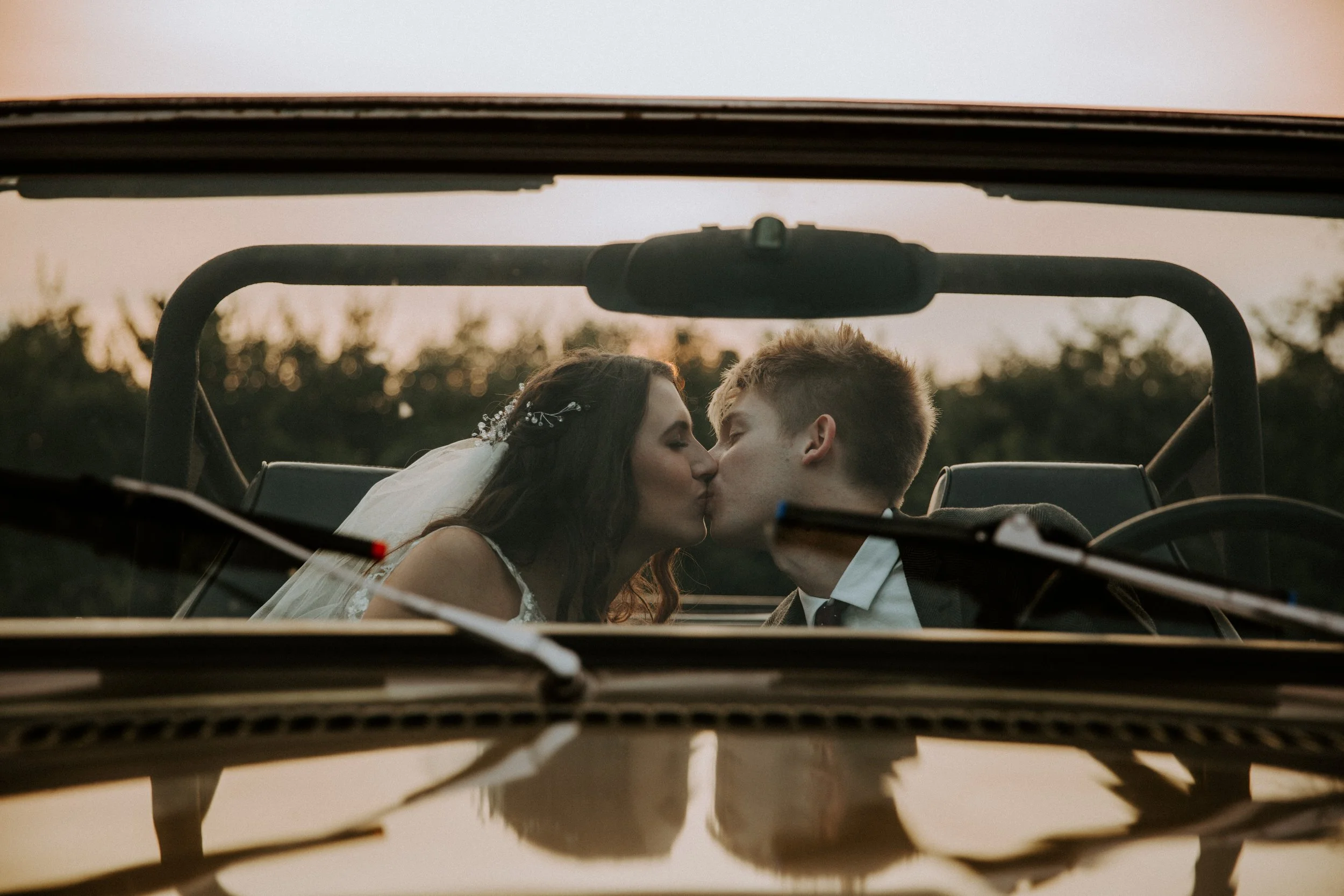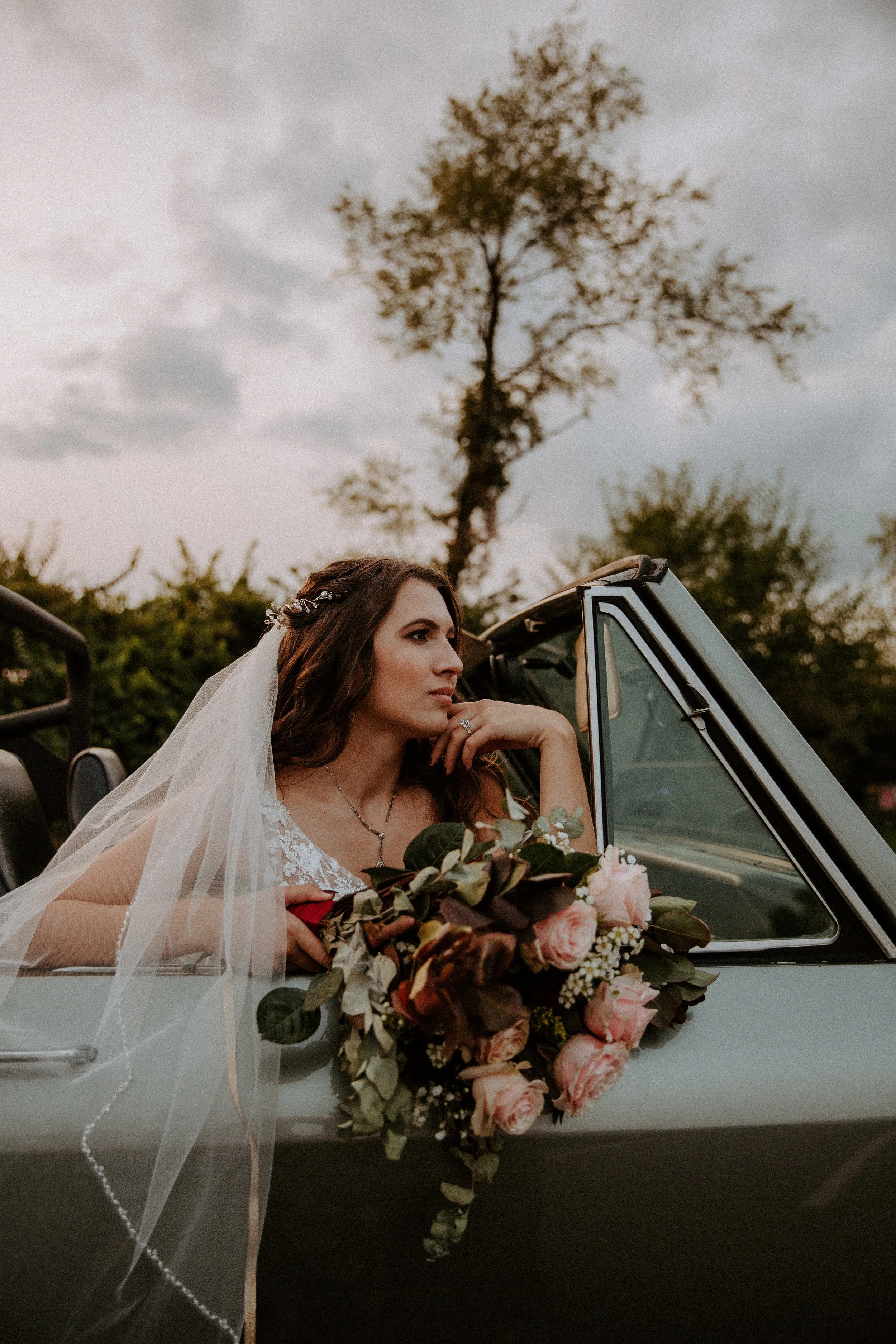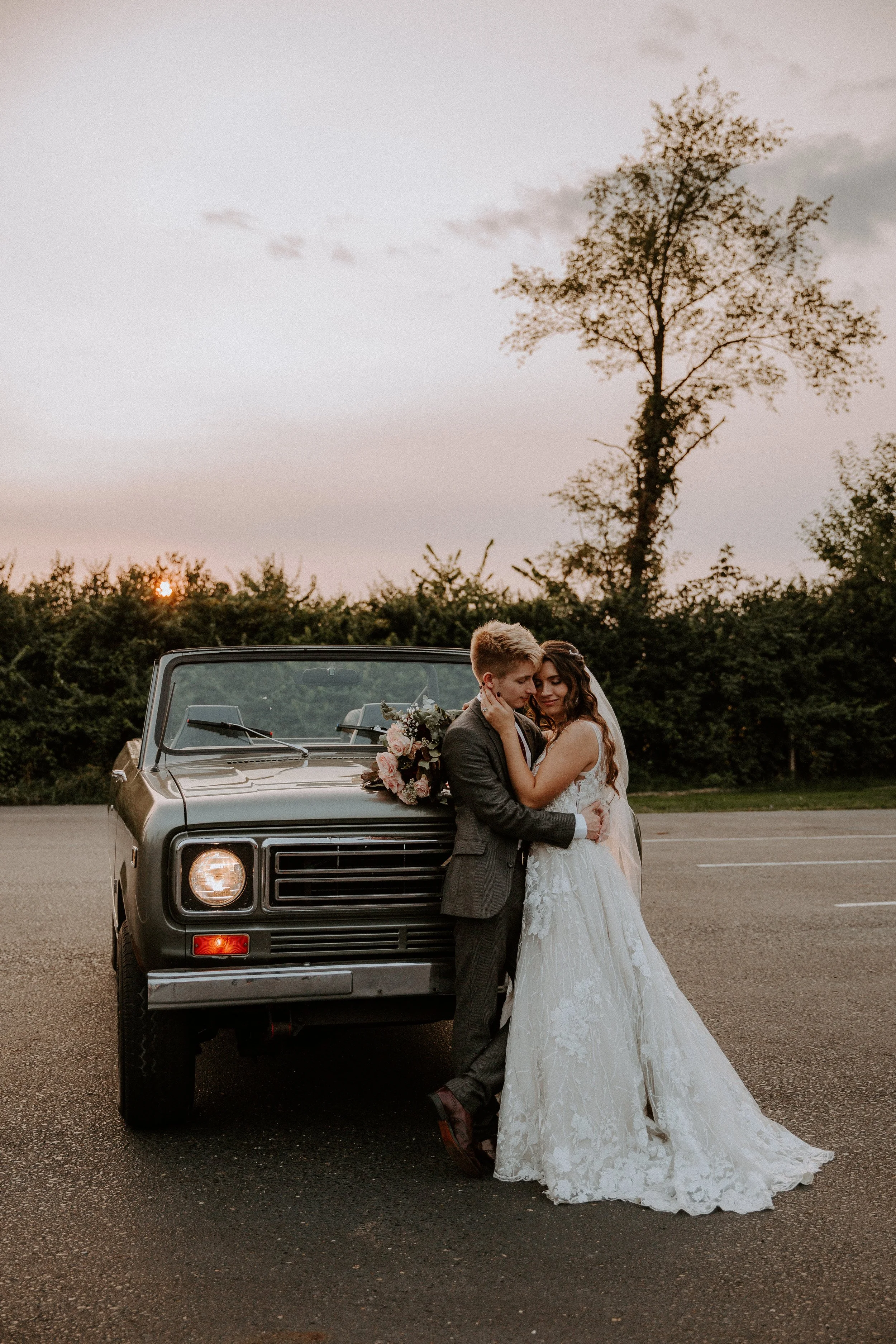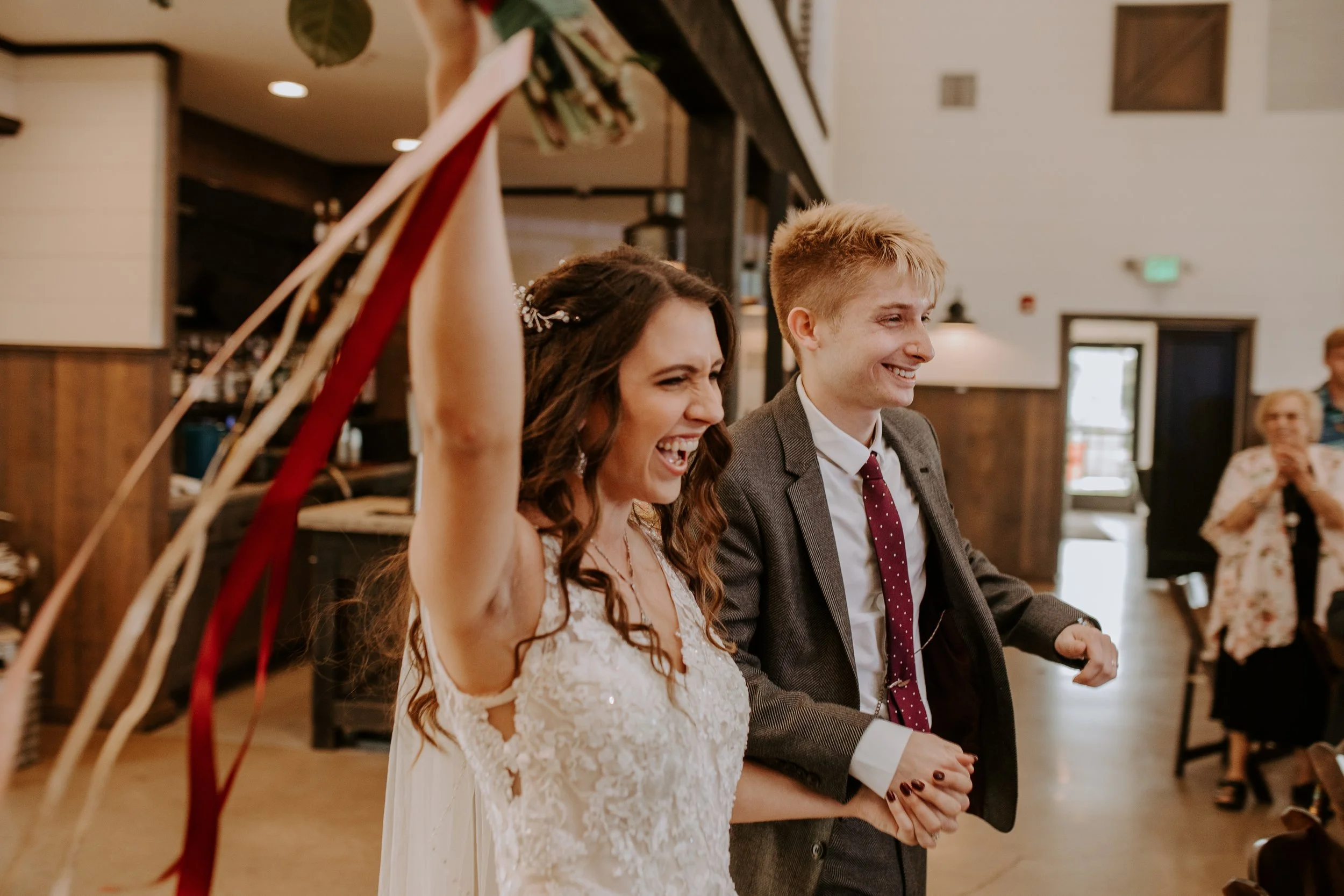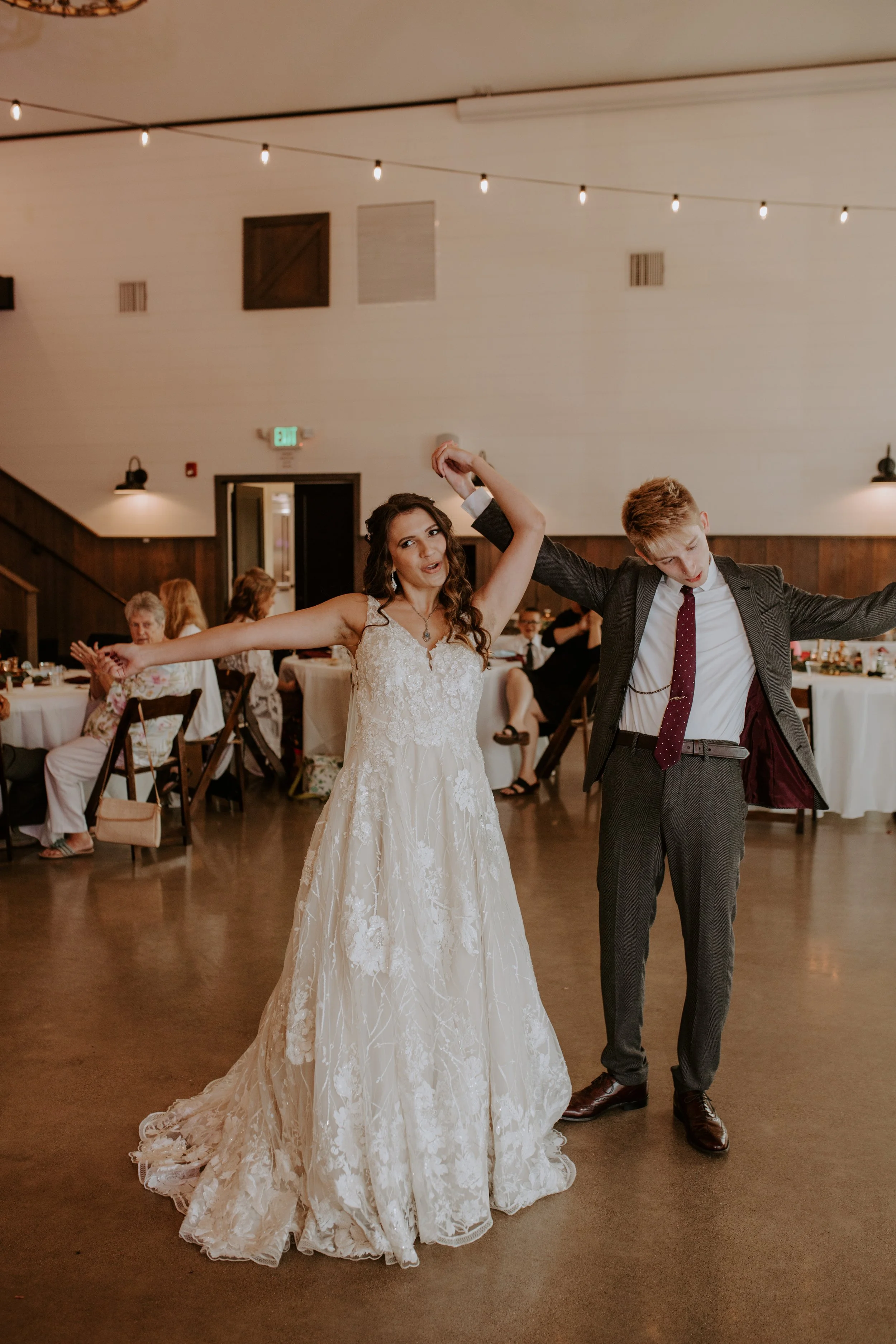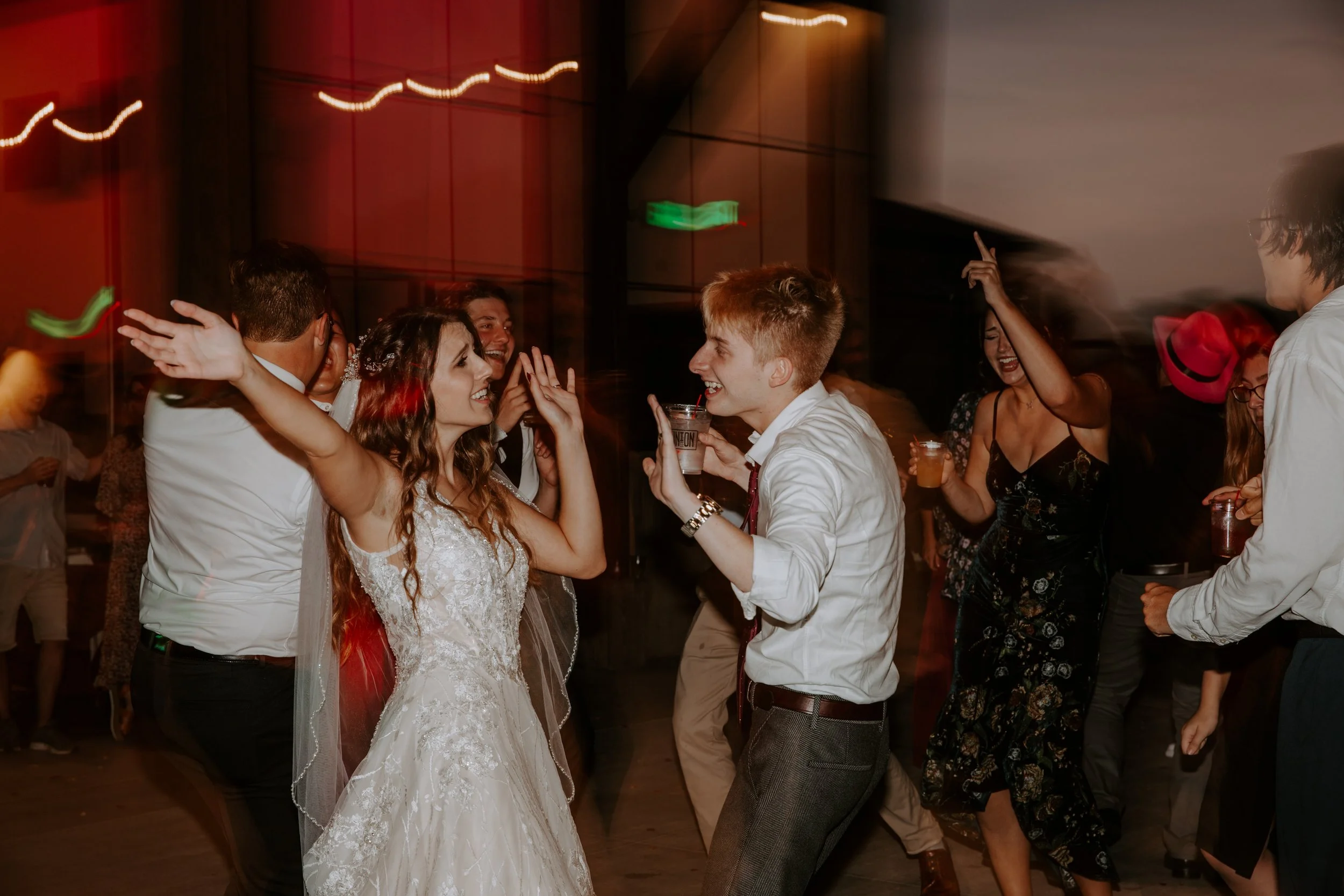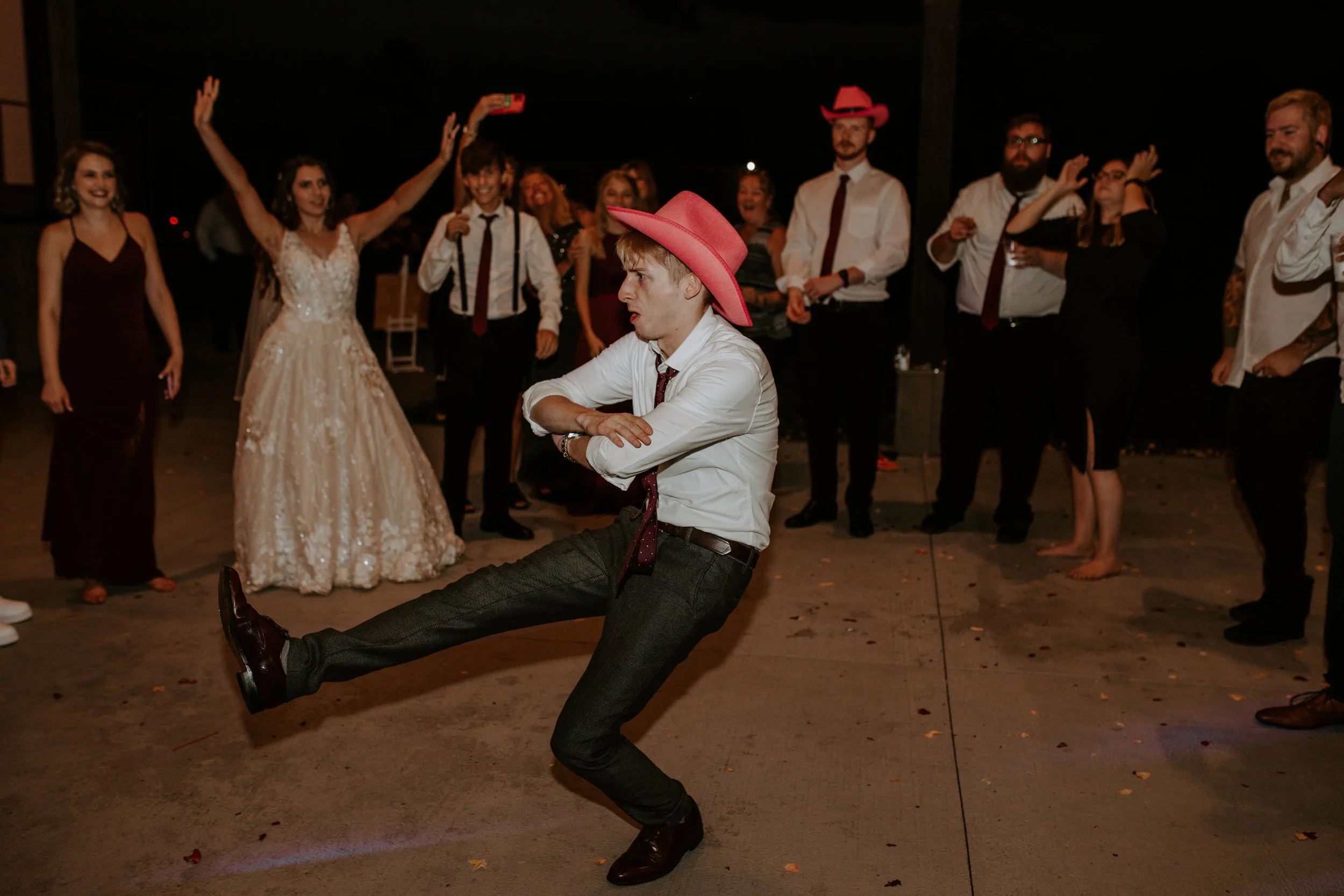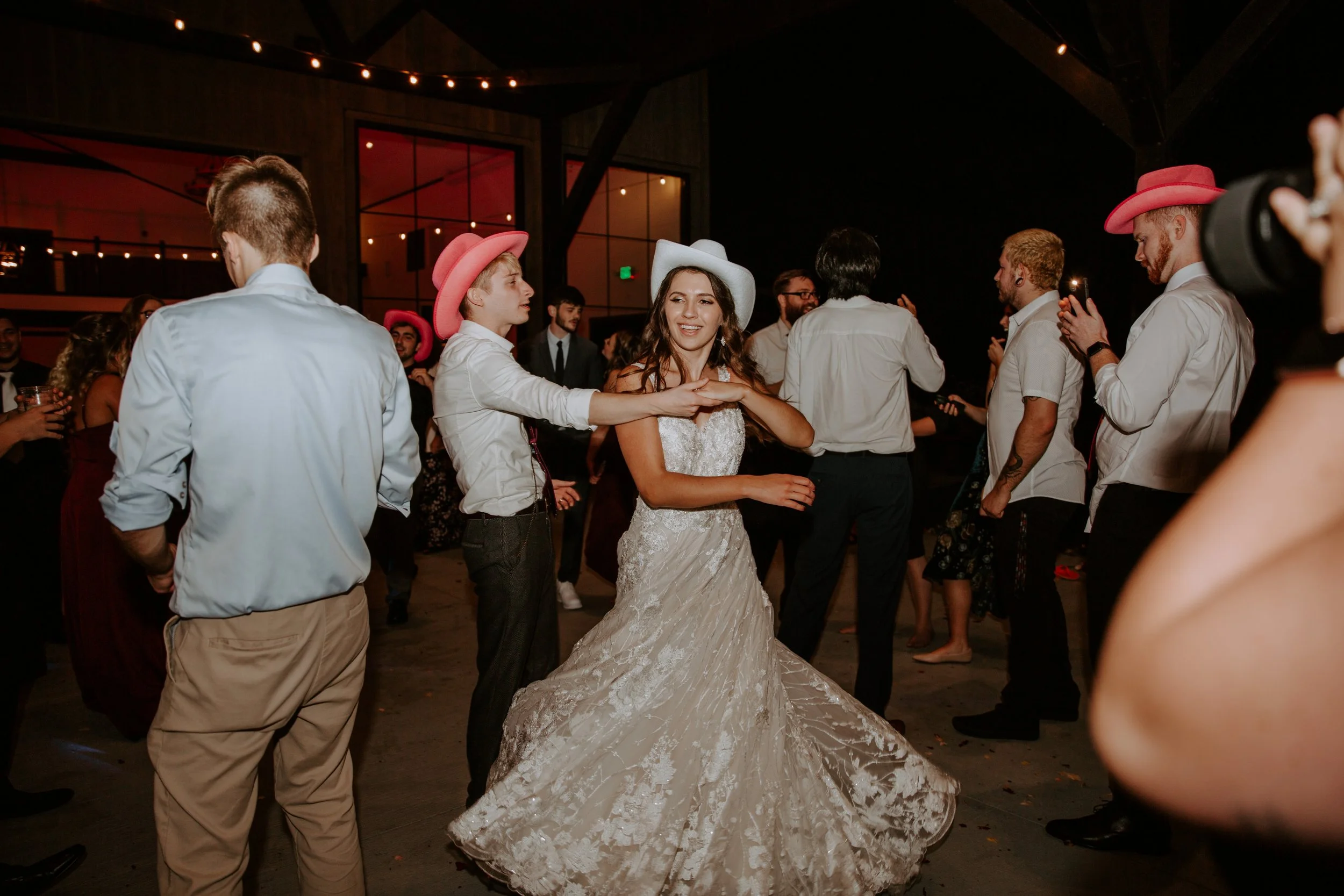How to Get Married in Indiana
Getting married is a major milestone, and if you’re planning to tie the knot in the Hoosier State, it’s important to know the steps involved. Indiana has many beautiful wedding venues and scenic outdoor locations whether you are choosing a more traditional wedding day or an adventurous elopement. Here’s a straightforward guide to help you navigate the process of getting married in Indiana!
Featuring Corinne & Jake’s Wedding at Union 12 in Fort Wayne, Indiana
Meeting the Legal Requirements
Before you start planning your wedding, ensure you meet the basic legal requirements:
Age: Both parties must be at least 18 years old. If either party is under 18, special conditions apply, including obtaining parental consent and, in some cases, court approval.
Identification: You’ll need to provide valid photo identification, such as a driver’s license or passport, and your Social Security Number. Both parties must be present when applying for the marriage license.
Residency: You can bring your driver’s license, utility bill, or proof of your housing situation to show you are an Indiana resident. Indiana does not require you to be a resident to get married.
2. Apply for a Marriage License
The marriage license is the most crucial document in your wedding plans. Here’s how to get one:
Where to Apply: For in-state residents, you and your partner must go in person to the county clerk’s office in the county that one of you resides in. If you are traveling from out of state for your wedding, you must apply for your marriage license in the county where you will be getting married.
You can begin your application process online HERE before you go in person to the county clerk’s office.
Application Fee: The fee for a marriage license varies by county but generally is around $25 for in-state resident applicants. Some counties only take cash payments.
Waiting Period: Indiana has no waiting period, so you can marry immediately after obtaining the license.
It is best to contact the county clerk’s office before you go in person to apply for your marriage license since requirements can vary county to county. Some counties do not allow walk-in applications and you must schedule an appointment.
Find the county clerk’s office in the county you need to apply in HERE.
3. Understand the Marriage License Terms
Your marriage liscense will be valid for 60 days from the date of issuance. Make sure to schedule your wedding within this timeframe, as the license will expire if not used.
4. Find an Officiant
To legally officiate your marriage, you need a qualified officiant. In Indiana, authorized officiants include:
Religious Leaders: Ministers, priests, rabbis, and other religious figures.
Judges: Including retired judges.
Justices of the Peace: If your county has them.
Online Officiants: Indiana recognizes officiants who are ordained online, provided they comply with state regulations. This means a family member or friend who is ordained online could be the officiant for your wedding ceremony.
Be sure to check if your officiant needs to register with the county clerk before your wedding.
5. Plan your Wedding Ceremony
Now this is the fun part! Indiana does not require you to have witnesses sign your marriage license. This means that you can choose to have a ceremony with just the two of you and your officiant or choose to have a ceremony with as many people as you’d like! Here are some links and free resources to help you pick your wedding day venue or elopement locations, choose your vendors, and tips for setting up your timeline.
Whatever your wedding day may look, make sure to fill it with people and experiences that celebrate your love! Want some more help with planning and documenting your wedding day? Email me to share your wedding day vision and see how we can make your dream wedding photos come to life!
6. Return the Marriage License
After the ceremony, your officiant fills out and signs the marriage license. Return the completed license to the county clerk’s office where it was issued. This step is crucial as it finalizes your marriage legally. Once the marriage license is signed it does not expire, but your marriage will not be recognized until it is recorded by the county clerk’s office.
If you are mailing in your marriage license, make sure to get a tracking number and follow up with the county clerk’s office to confirm they received your license and it has been filed.
7. Obtain a Marriage Certificate
Once your license is processed and filed, you can request certified copies of your marriage certificate from the county clerk’s office. This document is useful for changing your name, updating records, and more. It is $4 for each copy of the document.
8. Change your Name
For individuals who decide to change their last name, you’ll need to update your records with the Social Security Administration, the Bureau of Motor Vehicles, and other institutions. Your marriage certificate will be needed for this process.
Learn more about changing your name HERE.
9. Enjoy your Newlywed Life!
Congratulations! You’ve navigated the legalities and can now focus on celebrating your new life together!
By following these steps, you’ll be well on your way to a smooth and successful marriage in Indiana. Whether you’re having a grand affair or a small ceremony, Indiana’s charm and welcoming atmosphere will surely make your special day memorable. Happy planning!
Looking for a photographer to document your wedding day? Email me to learn more about how Reagan Lynn Photography can help you create your dream wedding photos!
Hey there! I’m Reagan - an Indianapolis wedding and elopement photographer documenting candid and colorful love all over Indiana & Michigan.
I’m a Muncie native but currently live on the east side of Indy with my partner, Will, and our two dogs, Winston & Poppy. When I’m not out documenting wedding days, you can find me at a concert, building legos, watching Star Wars, eating Thai food, or exploring a new city.


